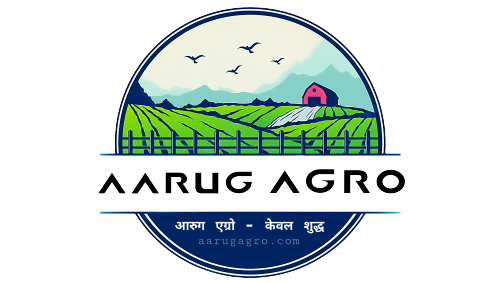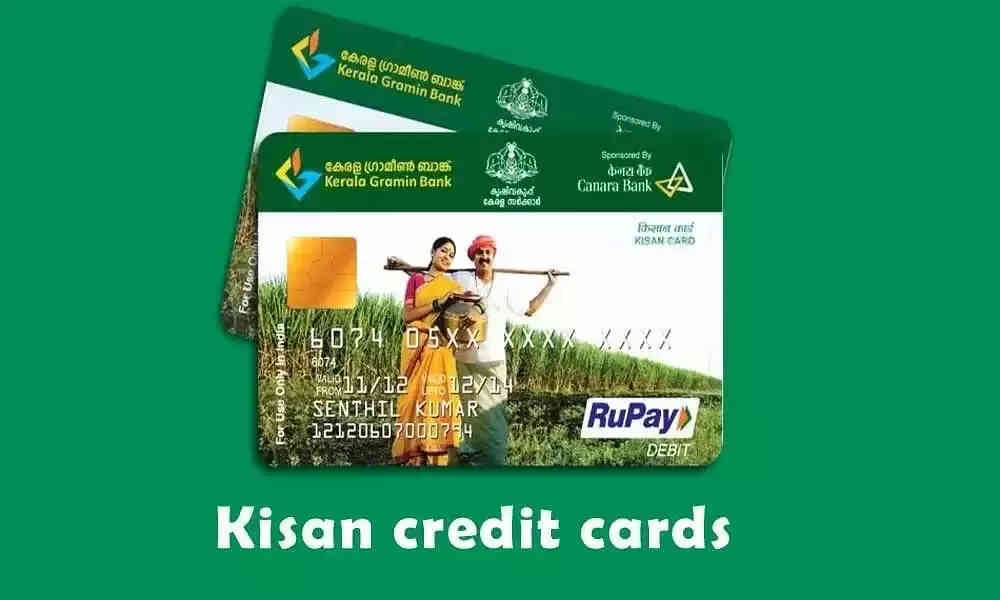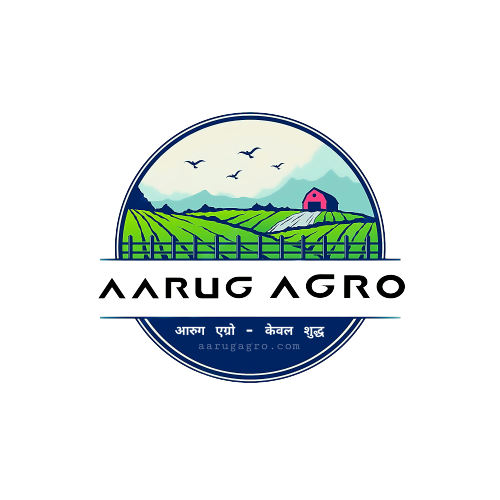Introduction: In India, agriculture is the backbone of the economy, employing a significant portion of the population and contributing substantially to the nation’s GDP. However, farmers often face financial challenges in meeting their agricultural and allied needs. To address this issue and promote agricultural growth, the Indian government introduced the Kisan Credit Card (KCC) scheme. This article explores the Kisan Credit Card scheme, its features, eligibility criteria, and the significant impact it has had on empowering farmers across the country.
A Lifeline for Farmers: The Kisan Credit Card Scheme
Flexible Credit for Farming Needs
The Kisan Credit Card scheme is a financial lifeline for Indian farmers, offering them a revolving line of credit. This credit card-like facility enables farmers to access funds as and when needed for various agricultural purposes, including purchasing seeds, fertilizers, pesticides, and covering other cultivation expenses. The flexibility in accessing credit ensures that farmers can manage their finances efficiently throughout the cropping season.
Inclusivity in Agricultural Finance
One of the remarkable aspects of the KCC scheme is its inclusivity. It caters not only to large-scale farmers but also to small and marginal farmers, tenant farmers, sharecroppers, and self-help groups (SHGs) or joint liability groups (JLGs) of farmers. This inclusivity promotes financial empowerment among farmers from diverse backgrounds, contributing to a more equitable agricultural landscape.
Key Features of the Kisan Credit Card Scheme
Interest Subvention
A paramount feature of the KCC scheme is the government’s provision of interest rate subvention. This subsidy significantly reduces the cost of credit for farmers, making it more affordable and accessible. Farmers often receive loans at lower interest rates, lightening the financial burden on them and encouraging timely repayment.
Collateral-free Loans
For smaller loan amounts, the KCC scheme typically offers collateral-free loans. This feature is particularly beneficial for small and marginal farmers who may not have significant assets to pledge as collateral. It eases the credit application process and ensures that farmers can secure the funds they need without excessive bureaucracy.
Insurance Coverage
KCC holders often enjoy insurance coverage for their crops and livestock. This coverage acts as a safety net for farmers in the event of crop failure or other unforeseen circumstances. It provides financial protection and minimizes the risks associated with agricultural activities, allowing farmers to invest confidently in their farms.
Application Process and Accessibility
Seamless Application Procedure
Applying for a Kisan Credit Card is a straightforward process. Farmers can visit their local bank branches or the nearest financial institution offering the scheme. They must complete the KCC application form and provide essential documents, including proof of identity, address, land ownership, and passport-sized photographs.
Validity and Renewal
KCCs are typically valid for three to five years and can be easily renewed upon expiration. This continuity ensures that farmers have consistent access to credit across multiple cropping seasons, promoting long-term agricultural planning and growth.
Conclusion
The Kisan Credit Card scheme has emerged as a powerful tool for uplifting Indian farmers by providing them with flexible and affordable access to credit. Its unique features, including interest rate subvention, collateral-free loans, and insurance coverage, empower farmers to invest in their agricultural activities with confidence. By promoting inclusivity and financial stability in the agricultural sector, the KCC scheme plays a pivotal role in advancing India’s agricultural growth and securing the livelihoods of millions of farmers across the country.


